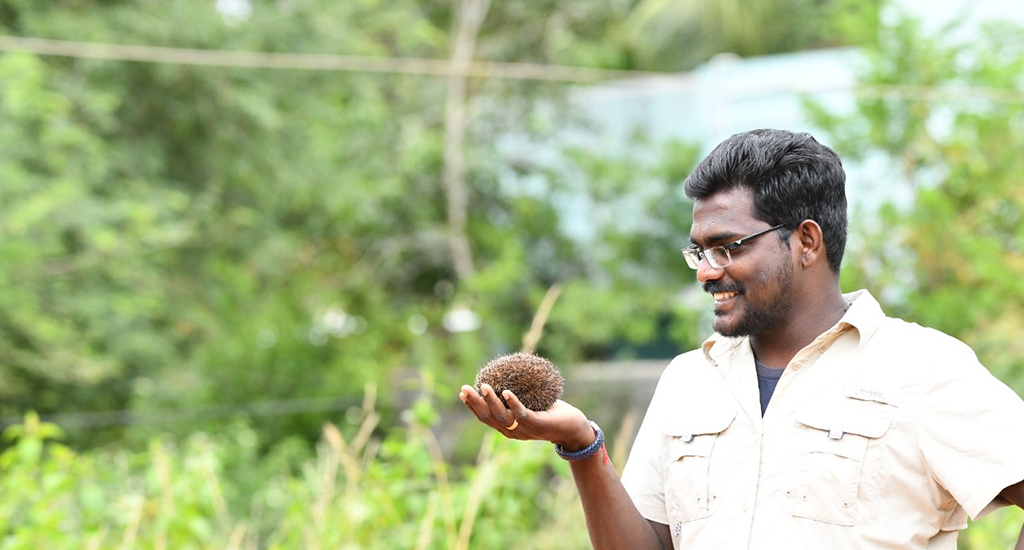
Conserving endemic small mammals
A Tamil researcher’s love for little mammals – from cute hedgehogs to despised rats – has got him on a mission to get villagers, especially children, to put away their catapults and help protect these small mammals.

A Tamil researcher’s love for little mammals – from cute hedgehogs to despised rats – has got him on a mission to get villagers, especially children, to put away their catapults and help protect these small mammals.
When most of us see a rat or mouse, at best we shoo it away. But most likely we reach for the poison or, maybe, a humane trap.
But not Brawin Kumar, a conservationist who beats to a different drum.
The researcher from the Indian Institute of Science Education and Research (IISER), Tirupati, is on a mission to save small mammals. Even if it leaves his friends and family scratching their heads.
Everyone asks me why I work on rats and rodents and if there’s no other species to research”
“Everyone asks me why I work on rats and rodents and if there’s no other species to research,” said Kumar with a laugh.
But Kumar, who did his doctorate on Taklamakan Desert endemic – rare Yarkand Hares (Lepus Yarkandensis) in China and now researches the Cutch rock rat and Elvira rat, knows these small creatures are a vital part of the ecosystem. He believes not enough is known about them.
So when he is not in the field studying rats, he is going to villages creating awareness about the small mammals that scurry around Tamil Nadu’s stretch of the Eastern Ghats.
Kumar knows he needs to reach children on their own level.
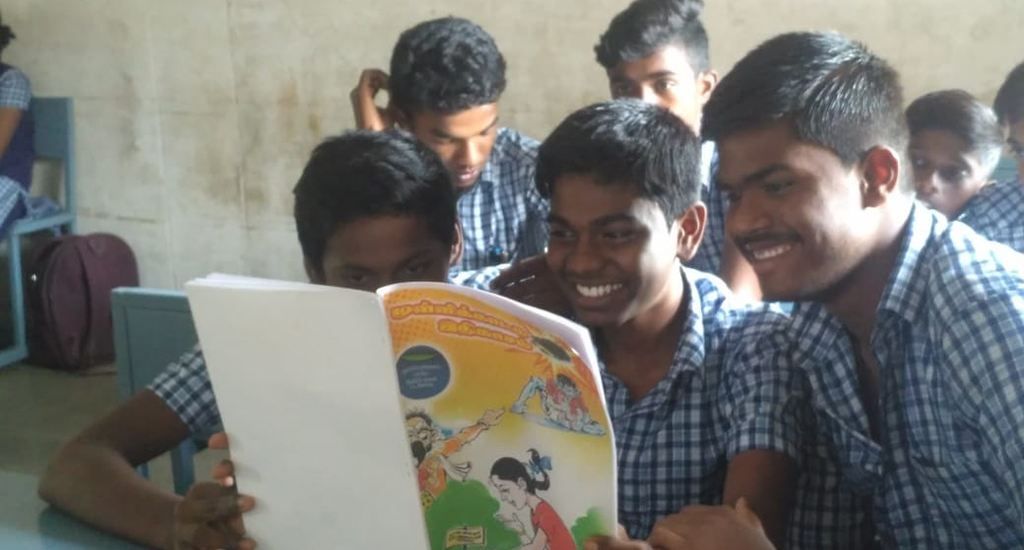
To teach little children more about the local Madras hedgehog, he created a 20-page comic book about the prickly creatures in the local language Tamil.
He also organises puppet shows in schools across the state.
When students from the Settukaadu Government Primary School in the Salem district of Tamil Nadu eagerly waited for the puppet show to begin, the electricity went out.
Not to worry. Kumar is a pro.
“What’s your favourite animal?” he asked them. “What animals do you see near your house?”
An animated discussion followed till the power came on and the puppet show began.
The children were transfixed during the show that featured the Eastern Ghats’ species, the threats they face, their food and habitats.
(ALSO READ: Using puppet power to spread messages)
“How many of you have catapults?” asked Kumar as the puppet show ended.
Every little hand went up.
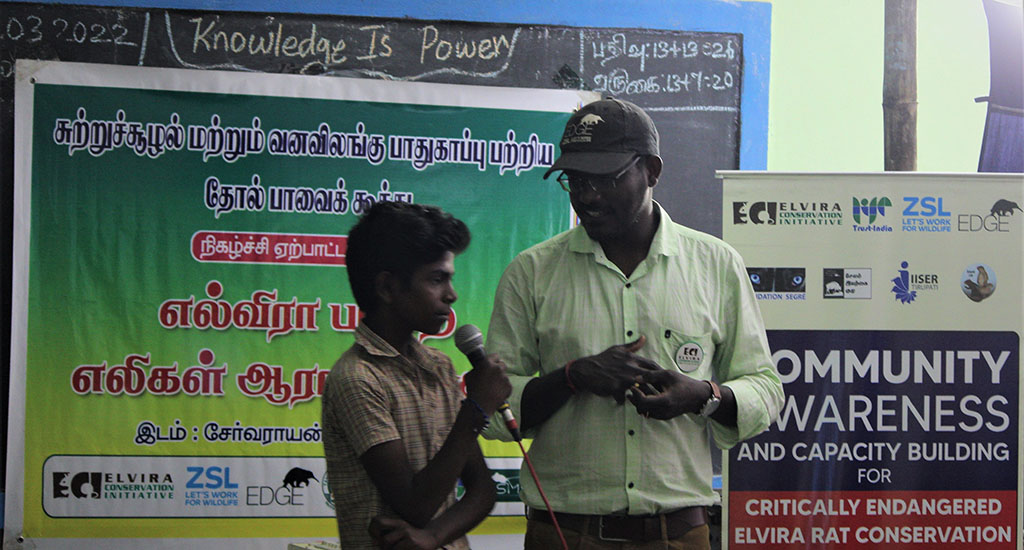
“Even a two-year-old child has hunting instincts. It’s inherent for the tribal kids,” Kumar told Village Square.
He explained to the children why they should not hunt small animals. By the end of the day, the children took an oath to care for the environment and live in harmony with nature.
Vasanthi M, a teacher at the school, was delighted with the show and said such interesting programmes would steer the students towards conservation.
But it is a long road.
“There are very few people researching little-known species, especially in the Eastern Ghats,” said Kumar.
To many of us lions, tigers and elephants are the charismatic animals of India. We are in awe of them. But not necessarily small animals.
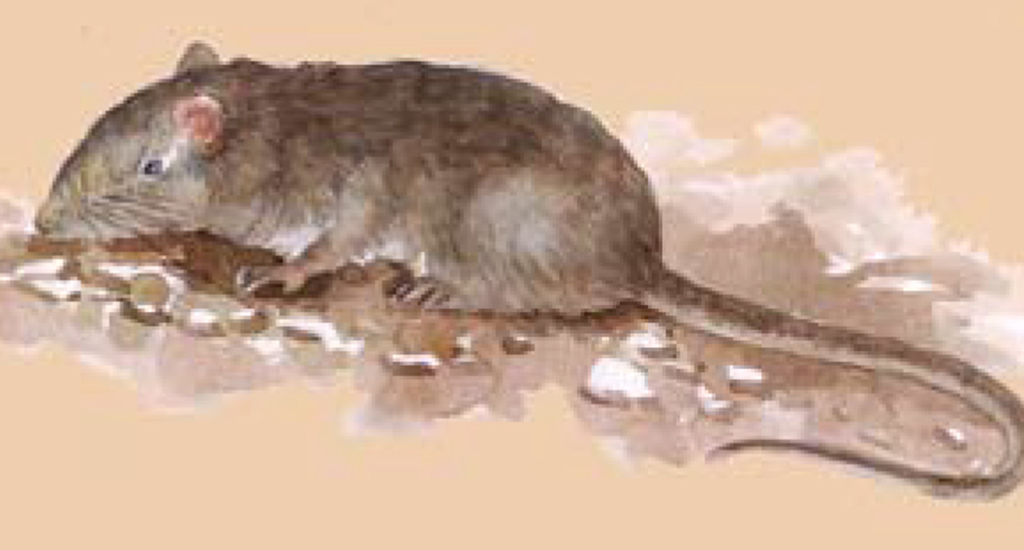
“People see gigantic mammals as charismatic species. So they don’t portray the small ones in the Eastern Ghats in a similar way,” said Rahul Chavan, a researcher of a critically endangered bird in the Eastern Ghats, told Village Square.
On top of that, India’s Eastern Ghats are not as popular as the Western Ghats.
“The world heritage tag has brought the Western Ghats into global and national discussions. The number of endemic species is more there. Many rivers also originate there,” said Chavan.
Being home to big mammals like tigers and elephants, the Western Ghats is a favoured place of researchers too.
Yet more than one-third of the animals in India are small mammals.
Rats – which are diverse and unique – are one of those small mammals, which certainly didn’t make it to the charismatic list.
They live in rocky lands, shola grasslands, dry forests, dense high vegetation areas and rainforests.
“People think rats are pests and will spoil the land,” said Kumar. “But only four types belong to that ‘pest’ category.”
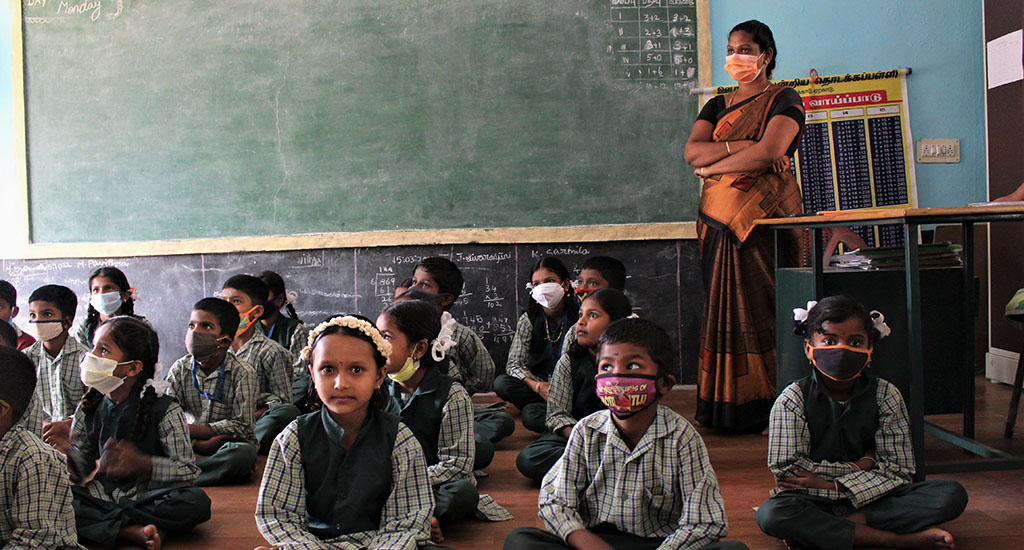
The lack of basic information about small mammals is what inspired him to research them. He is particularly keen on knowing more about the Elvira rat, also known as the “large rock rat” which are endemic to Salem.
The IUCN Red List of Threatened Species has categorised Elvira rat (Cremnomys elvira) as critically endangered.
Back in 2013, the EDGE of Existence programme of the Zoological Society of London (ZSL) – an international conservation organisation – declared the Elvira rat as an EDGE or Evolutionarily Distinct and Globally Endangered species, as it has not been sighted in many decades.
Through ZSL’s Segré EDGE Fellowship Kumar is researching the Elvira rat.
Small mammals are an integral part of the food chain. They play an important role in seed dispersal and pollination”
“Small mammals are an integral part of the food chain. They play an important role in seed dispersal and pollination,” said Kumar.
Climate change may also threaten their existence. These factors indicate the need for conserving small mammals.
“To protect an animal, we should know their numbers, have their photograph and know where they are found,” he added.
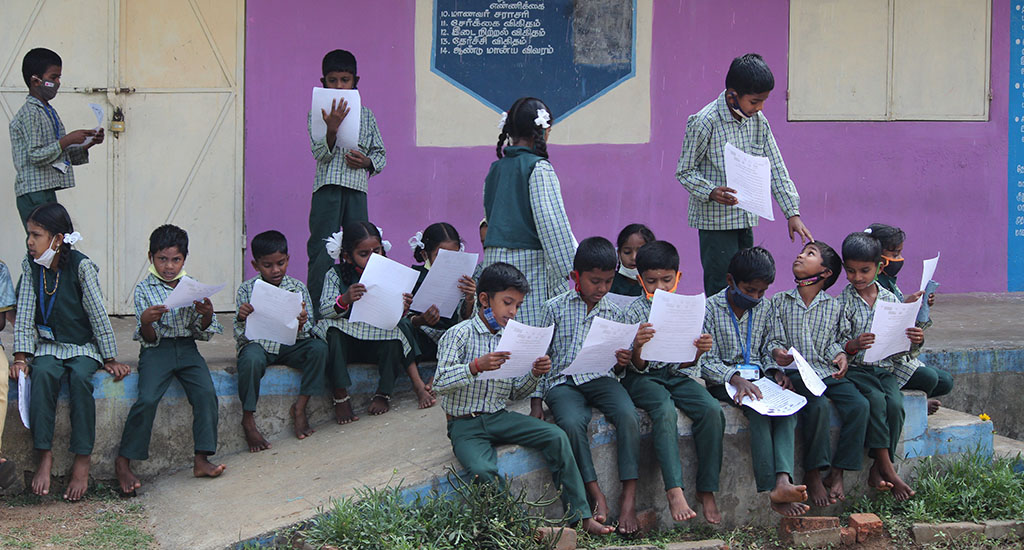
There is no preliminary data on the distribution, ecology and conservation of the Elvira rat, which is why Kumar is driven to study them.
Kumar’s awareness drive is not a passing phase.
He believes only sustained awareness will work.
“Only then (the children) will throw away those catapults. They’ll also tell their parents not to do it, and that will make all the difference,” he said passionately.
He also believes in a coordinated conservation effort. He is compiling the information he has collected with the help of local people and plans to share it with the district’s collector and forest department.
“It’s important to involve the local people. Awareness among villagers and local policy makers will help in conserving small mammals like Elvira rats.”
The lead image at the top of this page shows researcher Brawin Kumar holding a hedgehog, one of the small animals he researched on. (Photo by Sharada Balasubramanian)
Sharada Balasubramanian is a Coimbatore-based journalist.